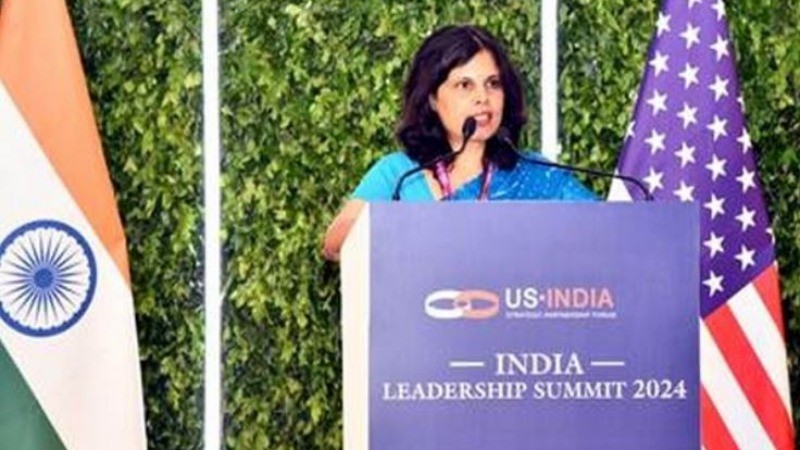
India has solidified its position as a global leader in the pharmaceutical industry, being the third-largest producer of medicines and a major supplier of generics, said Union Health Secretary Punya Salila Srivastava at the annual India Leadership Summit 2024. The event was organized by the US-India Strategic Partnership Forum.
Srivastava highlighted that India’s pharmaceutical sector has led to significant cost savings for healthcare systems worldwide, with a major impact on the U.S. healthcare sector. "India holds the highest number of US FDA-approved pharmaceutical plants outside the U.S., accounting for 25% of the total. Indian pharmaceutical companies contributed an estimated $219 billion in savings to the U.S. healthcare system in 2022 and $1.3 trillion between 2013 and 2022," she said.
India’s leadership extends to vaccine production as well. Srivastava pointed out that 50% of all vaccines globally are manufactured in India, with 4 billion out of the 8 billion vaccine doses produced worldwide last year coming from India. This reinforces India's reputation as the "pharmacy of the world."
Srivastava also discussed the government's efforts to strengthen India's healthcare system. Reforms in medical education, such as the introduction of the National Medical Commission Act, have resulted in the expansion of medical and nursing colleges, improving the availability of healthcare professionals. These reforms aim to create a competent health workforce to meet both national and global needs.
The Union Health Secretary noted that healthcare affordability in India has improved, with out-of-pocket expenses (OOPE) decreasing by 25 percentage points between 2013-2014 and 2021-2022. This reflects the government’s success in making healthcare more accessible and cost-effective.
On the Indo-U.S. health partnership, Srivastava emphasized the collaboration between India’s National Centre for Disease Control (NCDC) and the U.S. Centers for Disease Control and Prevention (CDC). She highlighted joint efforts in pandemic preparedness, surveillance, and antimicrobial resistance. Over 200 officers from India's Epidemic Intelligence Services (EIS) have been trained through collaborative programs with the U.S. CDC.
India and the U.S. have also agreed to launch a joint strategic framework for optimizing the biopharmaceutical supply chain through the Bio-5 alliance. This initiative aims to reduce dependencies on single-source suppliers and strengthen global health security.
Srivastava concluded by expressing optimism for the future, stating that India and the U.S. could further enhance global health security by prioritizing research, technology transfer, and capacity building through public-private partnerships and collaborative vaccine initiatives.
PM Modi to Inaugurate India's First ITU-WTSA Event Today
How RBI Governor Shaktikanta Das Vowed to Tame Inflation with a New Strategy
How India’s Economy is Set to Grow: RBI Predicts 7.2% GDP Growth